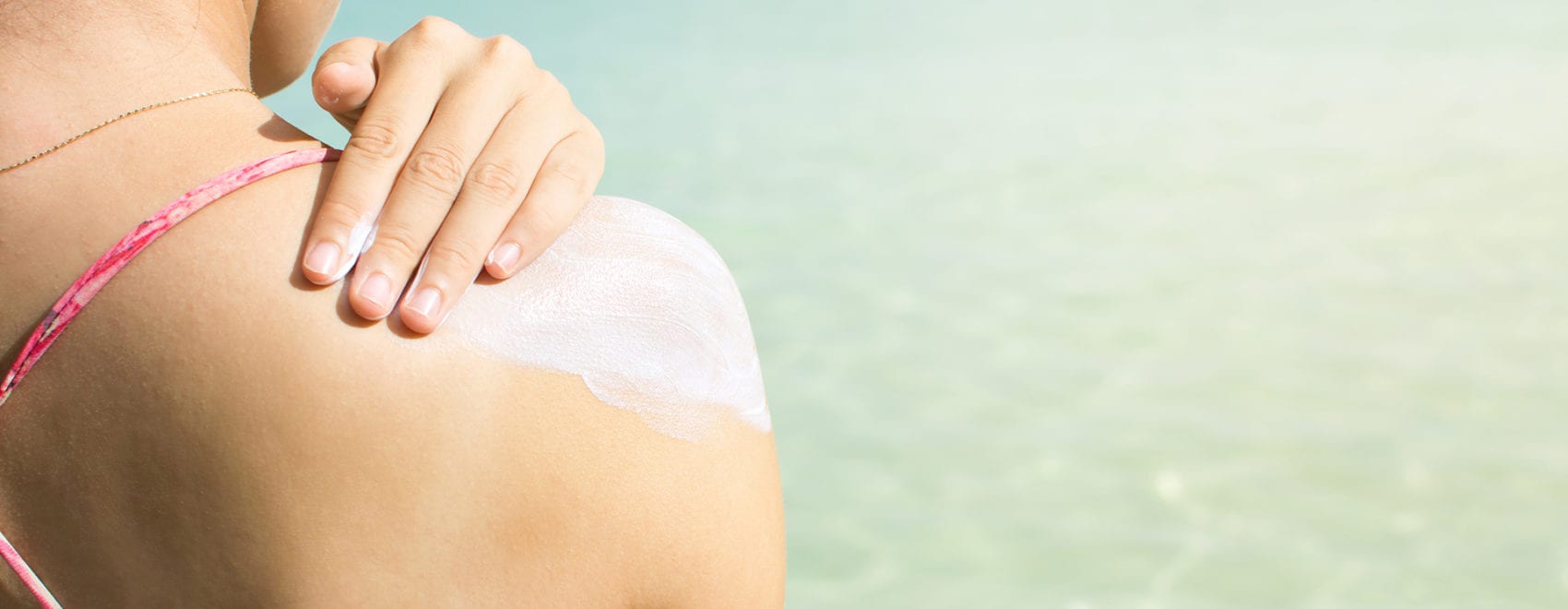A recently published study in the Environmental Health Perspectives has found that certain cosmetics and sunscreens contain chemicals harmful to breast cells. These cosmetics can cause DNA damage to breast cells, even at a low dose.
About the Study
This research was performed by a breast cancer researcher at the University of Massachusetts at Amherst, D. Joseph Jerry. Jerry is a professor of veterinary and animal sciences, as well as the science director at the Pioneer Valley Life Sciences Institute and co-director of the Rays of Hope Center for Breast Cancer Research.
Jerry studied two compounds: ultraviolet filter benzophenone-3, which is also known as oxybenzone, and propylparaben (PP), which is a preservative commonly found in cosmetics. The compounds were looked at in cells grown in the lab, as well as the mammary glands of mice.
Previous research focused on the level of exposure that would be necessary for these compounds to have any effect on cancer cells. This research found that women would need to be exposed to abnormally high levels of chemicals harmful to breast cells for there to be any effects. However, this new research has shown that damage in breast cells with estrogen-receptors can occur at lower levels than previously thought.
While Jerry has made it clear that more research is required on the subject, he also warned that certain subsets of women, such as those who have a high risk of breast cancer, need to be aware that this could be a potential health hazard.
Click Here to Read the Full Study
What Does This Mean?
As Jerry stated, this doesn’t mean that all women need to stop wearing certain cosmetics or sunscreen. In fact, not wearing sunscreen can put you at higher risk for other forms of cancer, such as melanoma. So, how do you be sure that your cosmetics and sunscreens are safe? Here are our recommendations.
Talk to Your Healthcare Provider About Your Risk of Breast Cancer
If you’re concerned about your risk of breast cancer, talk to your healthcare provider. It can be helpful to establish a family history of breast cancer and discuss the possibility of a breast exam or mammogram. As Jerry explained, women who don’t have a high risk of breast cancer may not be prone to the effects of these two chemicals. Nonetheless, we recommend speaking with your healthcare provider about your risk of breast cancer and the cosmetics and sunscreens that you use. Remember, the average woman in the United States has a 1 in 8 chance of developing breast cancer sometime in her life.
Use Mineral-Based Sunscreen
The best way to avoid chemicals is to- that’s right- avoid them! To reduce your risk of coming into contact with potentially harmful chemicals, try using a mineral-based sunscreen. Mineral-based sunscreens use minerals as their active ingredients instead of chemicals. Instead of penetrating your skin like a chemical sunscreen, a mineral sunscreen will simply sit on top of your skin and reflect UV rays away from you.
Try Other Forms of Sun Protection
Sunscreen is definitely an important part of protecting your skin from the damaging rays of the sun, but there are other steps you can take to keep your skin safe. For instance, use coverups, hats, and sunglasses to reduce the amount of skin that is being damaged by the sun. You can also sit under shade, such as an umbrella to cut down on the amount of direct sunlight that you’re in.
EWG’s Skin Deep Database
Environmental Working Group has been working for over 15 years to put together the Skin Deep Database. From sunscreen to makeup to toothpaste, EWG has created a searchable library full of information on the chemical ingredients of personal products. It’s a great resource for learning about how you can protect yourself from chemicals and other potential damage to your health.

Leave a Reply